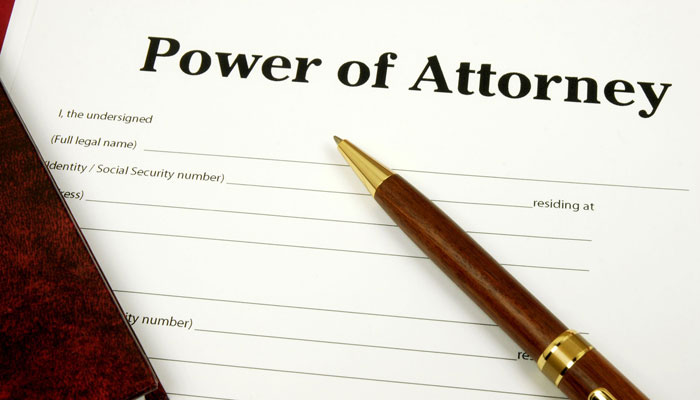
In South Australia, aside from a valid will, there are two other important documents you should have:
- An Enduring Power of Attorney is used to appoint someone to make financial and property decisions for you in the event that you are unable to make those decisions yourself.
- An Advance Care Directive is used to appoint someone to make medical, health and lifestyle decisions for you if you cannot make them yourself (called a Substitute Decision Maker). This document also allows you to outline your preferences for medical treatment. Make binding refusals of further medical treatment or the withdrawal of life support systems in the end stages of your life.
Who can make an Enduring Power of Attorney or Advance Care Directive?
Anyone over the age of 18 who has the capacity to understand the nature and consequences of the document, who makes the decisions in the document of their own free will and who can communicate clearly what those decisions are.
When should I make an Enduring Power of Attorney or Advance Care Directive?
Before you need them! These documents safeguard your interests in the event of something unforeseen – an accident or illness that robs you of your capacity to make decisions for yourself. It is better to be prepared and confident in knowing that the person you choose will be making important decisions about your money, your living arrangements and your health.
When do the documents take effect?
An Enduring Power of Attorney it begins when you nominate that it should. An Advance Care Directive only commences when you are unable to make your own decisions.
Who should I appoint to be my Attorney or Substitute Decision Maker?
You should to appoint someone you trust to make the right decisions. With an Advance Care Directive, your Substitute Decision Maker cannot be directly or indirectly involved in your medical care or treatment.
What are the legal responsibilities of my Attorney or Substitute Decision Maker?
They are legally responsible to you and must act in your best interests. While you have mental capacity they must obey your instructions. They cannot give gifts to themselves or to anyone else unless you specifically authorise this and they must keep their finances and money separate from yours, keeping accurate records of all of their dealings with your money.
Who should I talk to about it?
It is important that you discuss these documents with a lawyer who can give you professional advice about your particular circumstances. It is also vital that you discuss your wishes with your family to avoid unnecessary conflict and stress.
Do I need a witness?
Yes, these documents need to be witnessed by a person with statutory authority such as a solicitor or Justice of the Peace.
Can I change my mind?
Yes, as long as you still have the decision making capacity to do so you can revoke or change these documents. This has to be done in a legally binding way, however, so please seek legal advice.
Contact us to find out more or to arrange an appointment.
